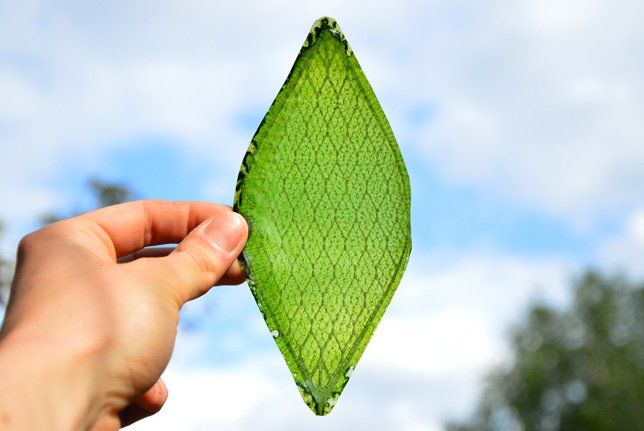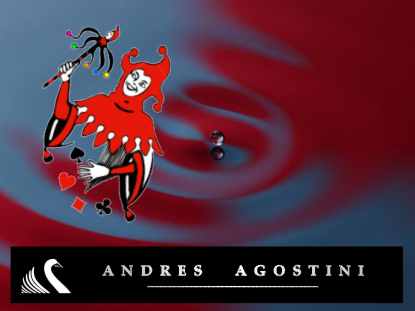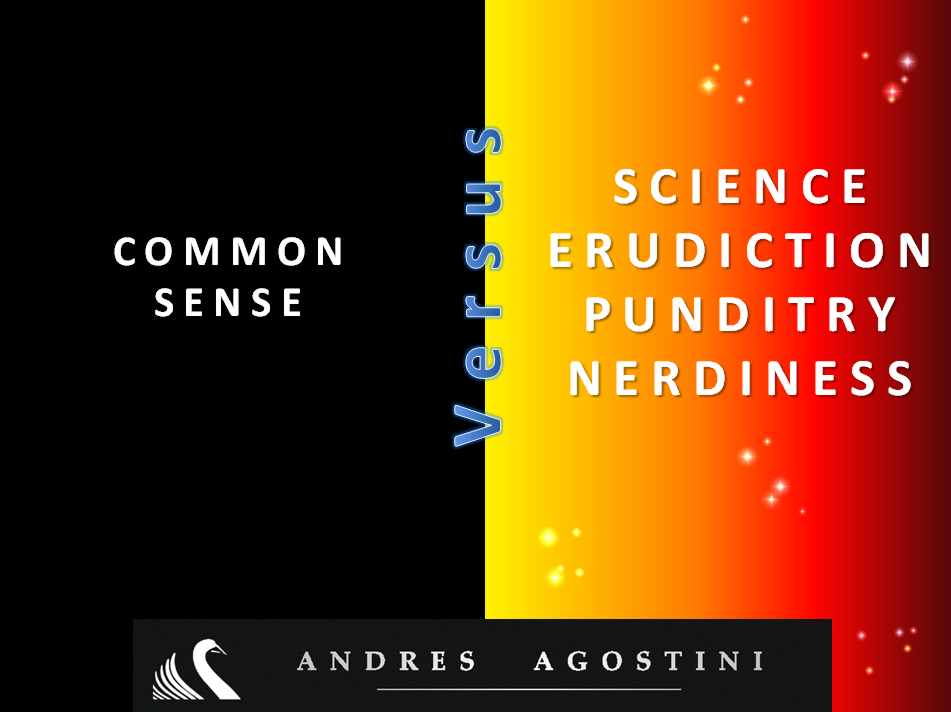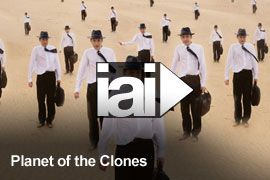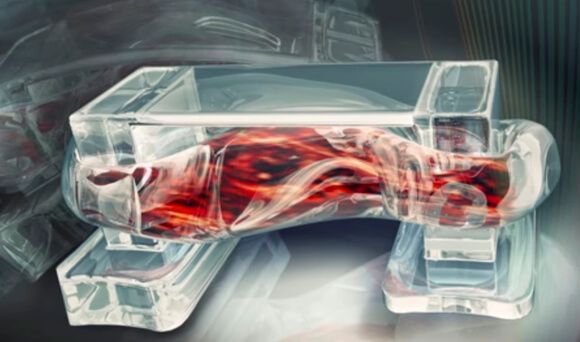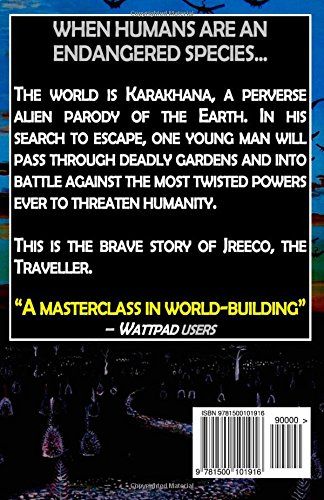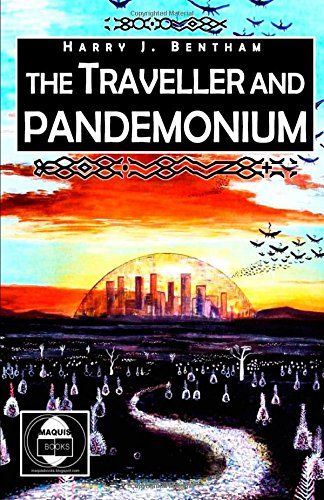Five reasons HarperCollins’ ecommerce is just part of a clever anti-Amazon strategy http://www.publishingtechnology.com/2014/07/five-reasons-harpercollins-ecommerce-is-just-part-of-a-clever-anti-amazon-strategy/
Italy gives Google 18 months to comply with European privacy regulations http://www.theguardian.com/technology/2014/jul/22/italy-google-18-months-comply-european-privacy-regulations
Yahoo buys mobile analytics firm Flurry http://www.theguardian.com/technology/2014/jul/22/yahoo-buys-mobile-analytics-firm-flurry
Stripe steps up PayPal rivalry with Australian launch http://www.theguardian.com/technology/2014/jul/22/stripe-steps-up-paypal-rivalry-with-australian-launch
When Technologies Combine, Amazing Innovation Happens http://www.fastcoexist.com/3032977/when-technologies-combine-amazing-innovation-happens
Mysterious dance of dwarfs may force a cosmic rethink http://phys.org/news/2014-07-mysterious-dwarfs-cosmic-rethink.html
Plants are talking and these sensors let us hear what they’re saying http://www.treehugger.com/gadgets/plants-are-talking-and-these-sensors-let-us-hear-what-theyre-saying.html
Law of physics governs airplane evolution http://phys.org/news/2014-07-law-physics-airplane-evolution.html
China set to be net investor http://europe.chinadaily.com.cn/business/2014-06/25/content_17613259.htm
Noninvasive retinal imaging device detects Alzheimer’s 20 years in advance http://www.kurzweilai.net/noninvasive-retinal-imaging-device-detects-alzheimers-20-years-in-advance
More-efficient solar-powered steam http://www.kurzweilai.net/more-efficient-solar-powered-steam
3D-printed-anatomy developers aim to revolutionize medical education http://www.kurzweilai.net/3d-printed-anatomy-developers-aim-to-revolutionize-medical-education
Apple posts $7.7 billion in profit, but all eyes look to new products in the fall http://www.theverge.com/2014/7/22/5926913/apple-q3-2014-earnings
China and Switzerland sign currency swap agreement http://www.wantchinatimes.com/news-subclass-cnt.aspx?id=20140722000106&cid=1203
REUTERS: U.S. court rulings create new uncertainty over Obamacare http://www.reuters.com/article/2014/07/22/us-usa-court-obamacare-idUSKBN0FR1JI20140722
REUTERS: Facebook’s Zuckerberg to testify at N.Y. forgery trial: prosecutors http://www.reuters.com/article/2014/07/22/us-facebook-ceglia-idUSKBN0FR2C120140722
REUTERS: EU antitrust regulators likely to step up Google probes: WSJ http://www.reuters.com/article/2014/07/22/us-google-antitrust-idUSKBN0FR1ZJ20140722
REUTERS: Hacking experts build device to protect cars from cyber attacks http://www.reuters.com/article/2014/07/22/us-cybersecurity-autos-idUSKBN0FR2FR20140722
REUTERS: Google must face U.S. privacy lawsuit over commingled user data http://www.reuters.com/article/2014/07/22/us-google-privacy-lawsuit-idUSKBN0FR1XA20140722
REUTERS: PayPal signs “ten of thousands” customers in Nigerian launch http://www.reuters.com/article/2014/07/22/us-nigeria-paypal-launch-idUSKBN0FR22L20140722
Europe Treads Cautious Path in Confronting Russia http://www.foreignpolicy.com/articles/2014/07/22/europe_sanctions_ukraine_malaysia_flight_17_russia
U.S. Intelligence No Closer to Pinning MH17 Downing on Russia http://thecable.foreignpolicy.com/posts/2014/07/22/us_intelligence_no_closer_to_pinning_mh17_downing_on_russia
Economics 101: How The Cloud Is Changing More Than Just Technology http://www.crn.com/news/cloud/300072156/economics-101-how-the-cloud-is-changing-more-than-just-technology.htm
3D Printing Goes Big-Time for Small Production Runs http://machinedesign.com/3d-printing/3d-printing-goes-big-time-small-production-runs
The Internet of Things May See Huge Growth, So Companies Want in Now www.entrepreneur.com/article/234731
THE WALL STREET JOURNAL: Allysia Finley: How Government Is Making Solar Billionaires http://online.wsj.com/news/articles/SB10001424052702303376904579135842033421008
THE WALL STREET JOURNAL: 4 Industries Most in Need of Data Scientists http://online.wsj.com/ad/article/narratives_sas_65124.html?prx_t=HYwBAfZUBApeEEA
Schizophrenia’s genetic ‘skyline’ rising: Suspect common variants soar from 30 to 108 http://medicalxpress.com/news/2014-07-schizophrenia-genetic-skyline-common-variants.html
Lifeboat Foundation Worldwide Ambassador White Swan Update and Published Amazon Author by Andres Agostini at www.amazon.com/author/agostini AND www.linkedin.com/in/andresagostini


